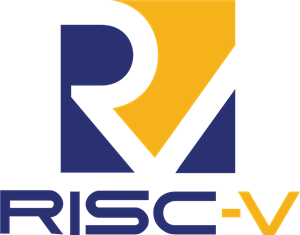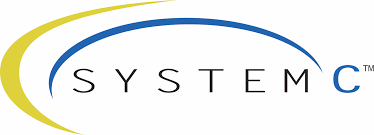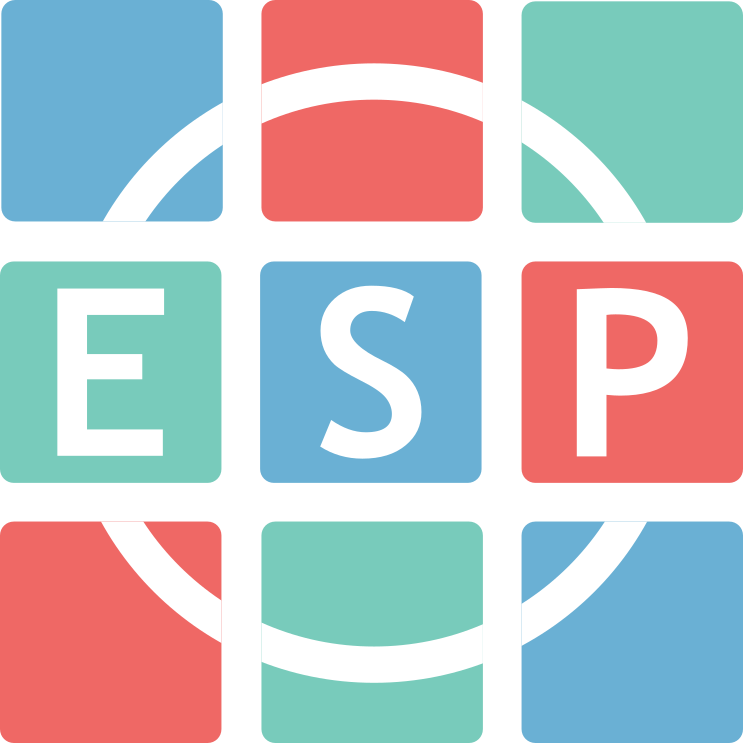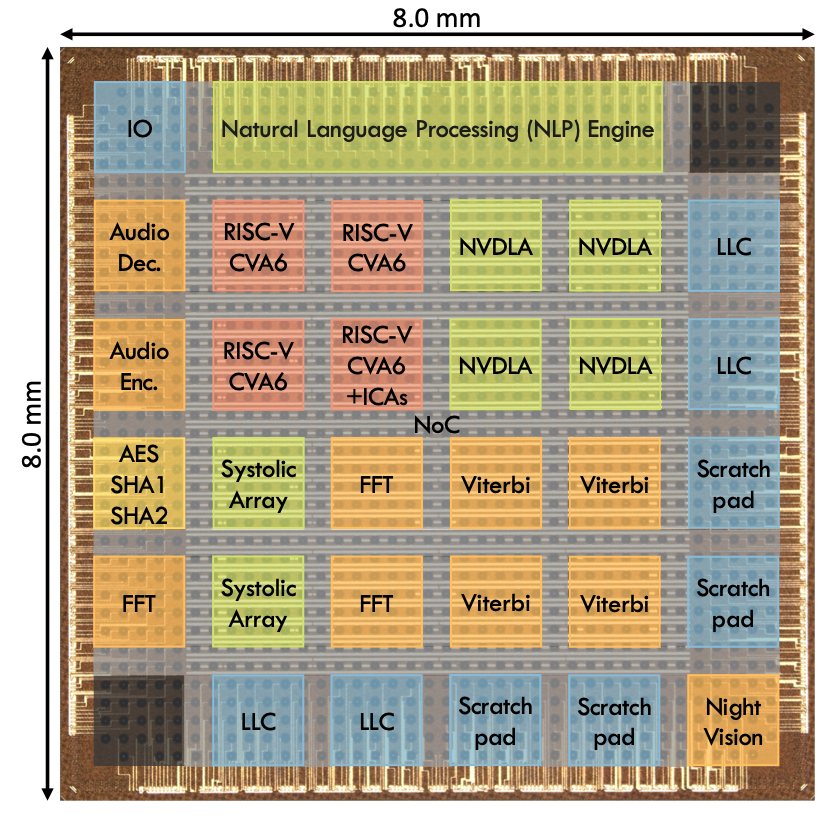The ESP Vision
ESP is an open-source research platform for heterogeneous system-on-chip design that combines a scalable tile-based architecture and a flexible system-level design methodology.
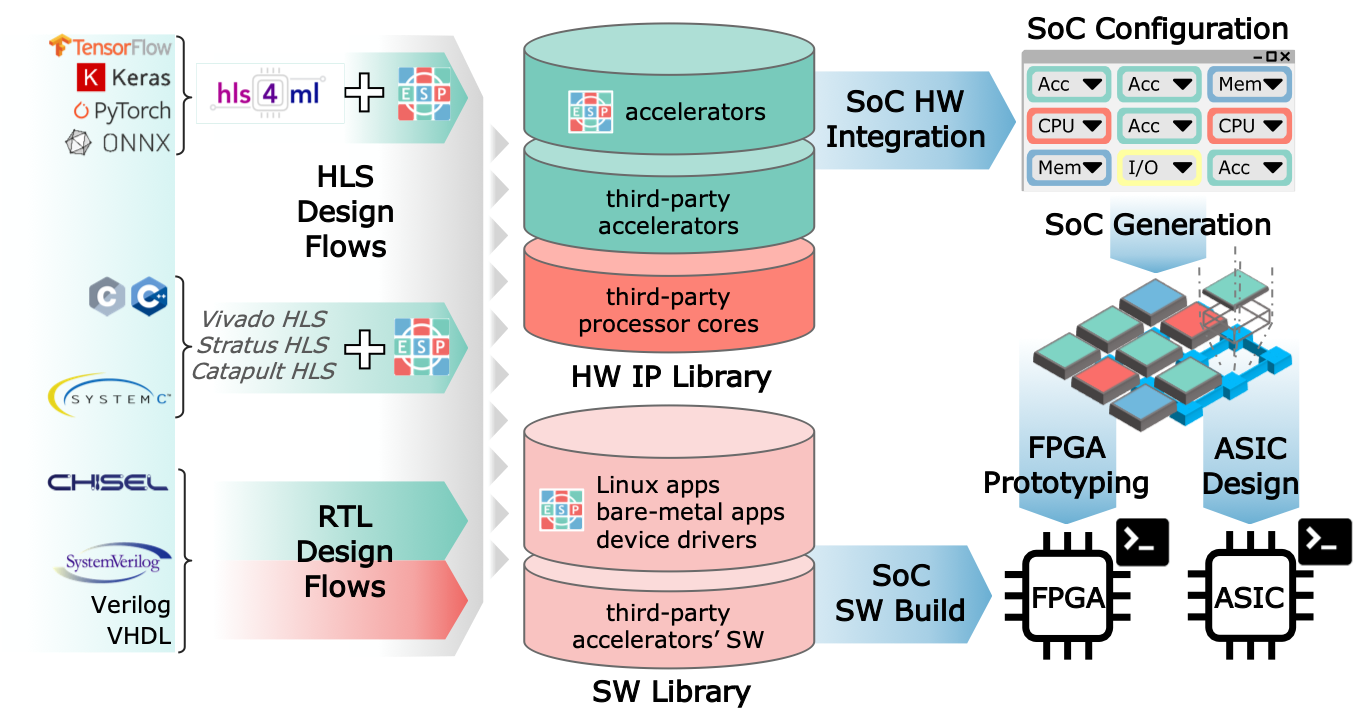
ESP provides three accelerator flows: RTL, high-level synthesis (HLS), machine learning frameworks. All three design flows converge to the ESP automated SoC integration flow that generates the necessary hardware and software interfaces to rapidly enable full-system prototyping on FPGA.
Overview
- Architecture
- Accelerator design and integration flows
- SoC design flow
- Mix & match SoC floorplanning GUI
- Automatic SoC generation
- Full-system RTL simulation
- Rapid FPGA prototyping
- Software support
- Bare-metal
- Linux SMP
- FPGA development boards
- Xilinx Virtex UltraScale+ FPGA VCU118 and VCU128
- Xilinx Virtex-7 FPGA VC707
- proFPGA Virtex7 XC7V2000T FPGA
- proFPGA Virtex Ultrascale XCVU440 FPGA
For more information check out the documentation section!
See here some of the supported projects, tools and languages:
Publications
Overview paper:
Agile SoC Development with Open ESP
Paolo Mantovani, Davide Giri, Giuseppe Di Guglielmo, Luca Piccolboni, Joseph Zuckerman, Emilio G. Cota, Michele Petracca, Christian Pilato, Luca P. Carloni
(Invited) IEEE/ACM International Conference On Computer Aided Design (ICCAD), 2020
The Publications page contains the complete list of publications related to ESP.
What’s new
- Docker image for ESP
- Instructions in the setup guide
- Accelerator design flow in C/C++ with Catapult HLS
-
Integration of the 32-bit Ibex processor
-
Multi-processor support for the RISC-V Ariane cores
- Accelerator design flow in SystemC with Catapult HLS
Coming soon
-
Dynamic partial reconfiguration of accelerator tiles
-
ASIC design flow
-
New accelerators for machine learning, cryptography, and more
